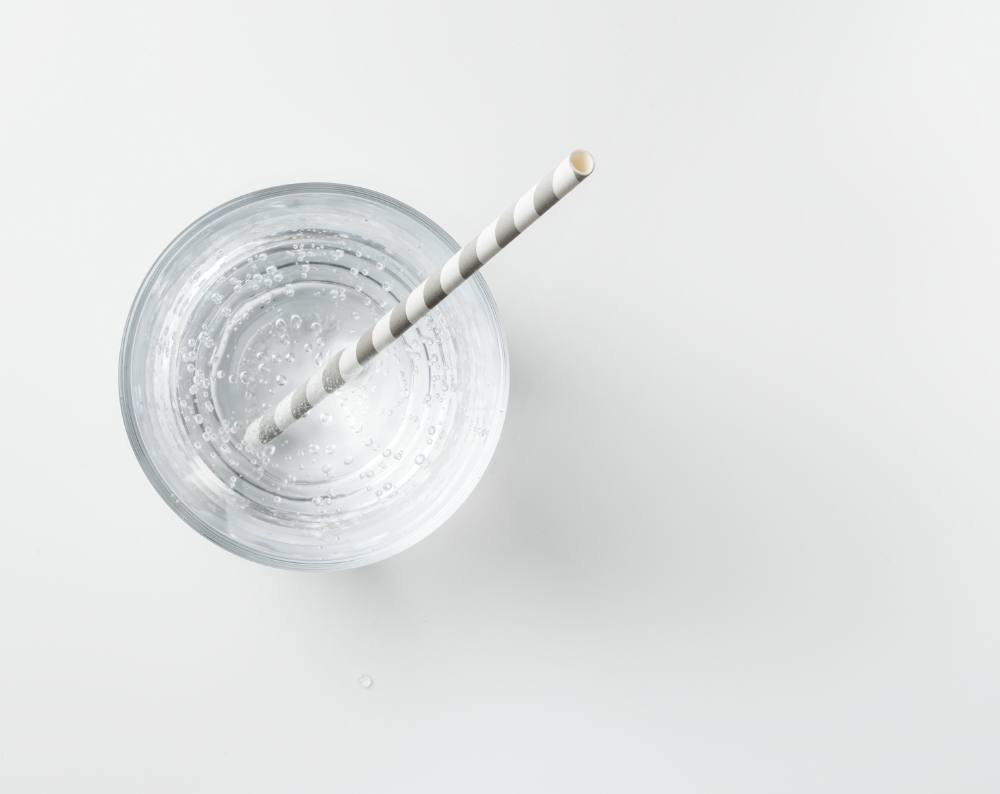Kemira’s products and solutions offer valuable tools to help mitigate the negative impacts of these two megatrends, but the scale of this issue makes it difficult for us to tackle on our own. To help with this mission, Kemira needs the cooperation of our partners and customers, like cities.
Existing and emerging problems for the water cycle
With the urban population expected to increase by nearly 20% in the next 10 years and climate change intensifying, cities’ drainage systems are coming under increasing pressure. Most of the outdated systems will have to be replaced by more sustainable solutions to effectively manage the associated risks.
Growing cities can strip lands of their natural ability to absorb water by building impermeable, or “waterproof”, surfaces on top, e.g. roads, buildings, pavements etc. These structures create a cover on natural vegetation and soil, preventing rainfall from seeping through. Water then builds up and flows on city surfaces and often leads to destructive flooding events. The flowing rainwaters also worsen the quality of nearby waterways by picking up and transporting pollutants from city surfaces, such as waste, metals and toxins.
The effects of urbanization are worsened by climate change. Changing rainfall patterns will bring more frequent and intense storm events to many cities, overwhelming their drainage systems and capacity. Together, these factors create more flooding of urban environments and flushing of pollutants into waterways.
Working together with nature
Sustainable urban Drainage Systems (SuDS) offer tools to lessen the impacts of these problems by creating spaces in urban environments where rainfall can be collected by vegetation and soil. SuDS, such as wetlands, infiltration gullies and green roofs, use the natural water management capacity of soil and vegetation to take up water, store it and filter it. This reduces the available water for flooding and its potential to pollute water resources.
SuDS also have a low cost of implementation and can save cities billions in economic losses.
In Europe, urban floods have caused over EUR 25 billion in losses since 2000.
If cities can reduce the occurrence of floods, they can reduce the costs associated with them and for this reason SuDS will bring long term economic benefits to many cities in flood prone areas.
The green spaces associated with SuDS are also important in creating more room for biodiversity in cities. Native fauna can use the water storage systems and vegetated surfaces as habitats and contribute towards the reintroduction of lost species in city environments.
Considering the many benefits that SuDS offer, it is clear that cities should use them to help control the increasing water quantity and quality issues that urbanization and climate change create.
The way forward
SuDS aim to alleviate the impacts of humans on water resources and flow. Their importance lies in sustainably recovering and managing processes associated with water that have been altered by urbanization and climate change. By connecting water quantity, quality and biodiversity to urban drainage, these systems allow cities to harness natural processes for their benefit.
Kemira is working hard to ensure clean and safe water, but we need the help of others in order to make a lasting contribution. Controlling urban waters will be a significant step towards this common global goal, and SuDS will certainly be a part of this solution for cities.

